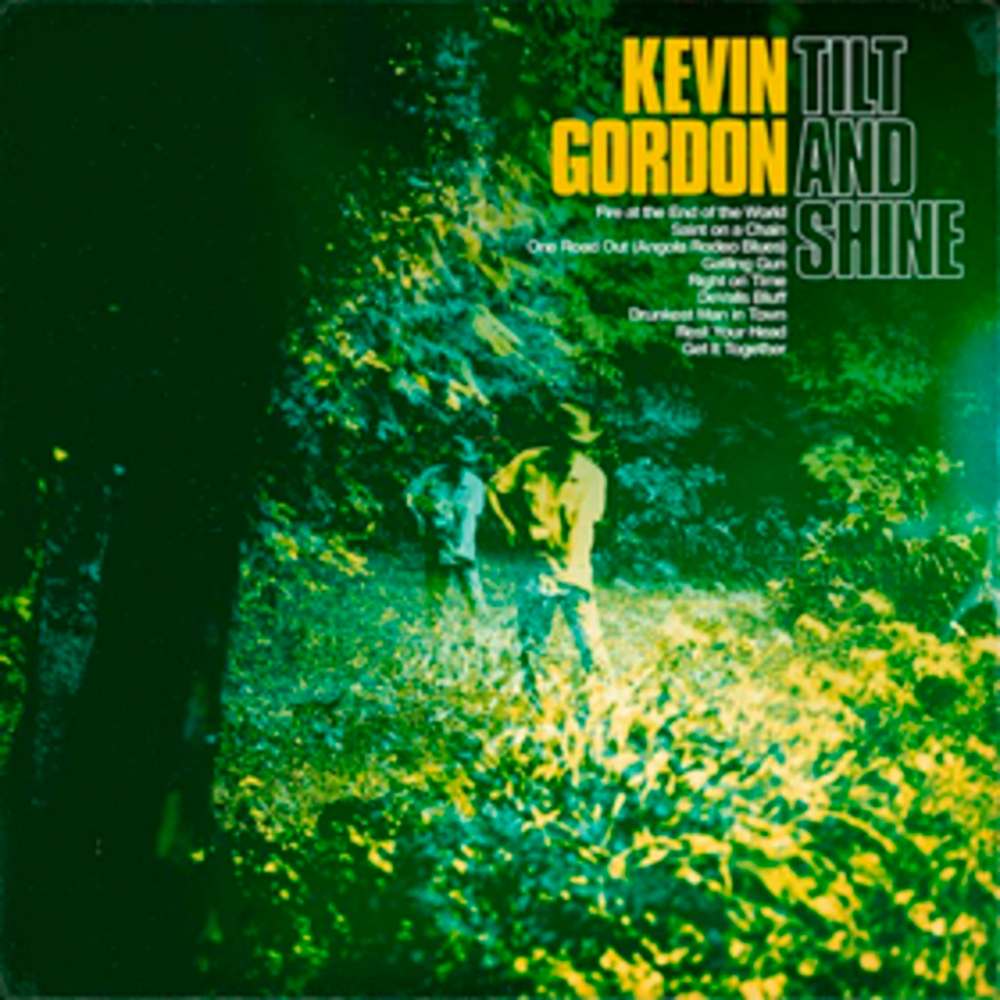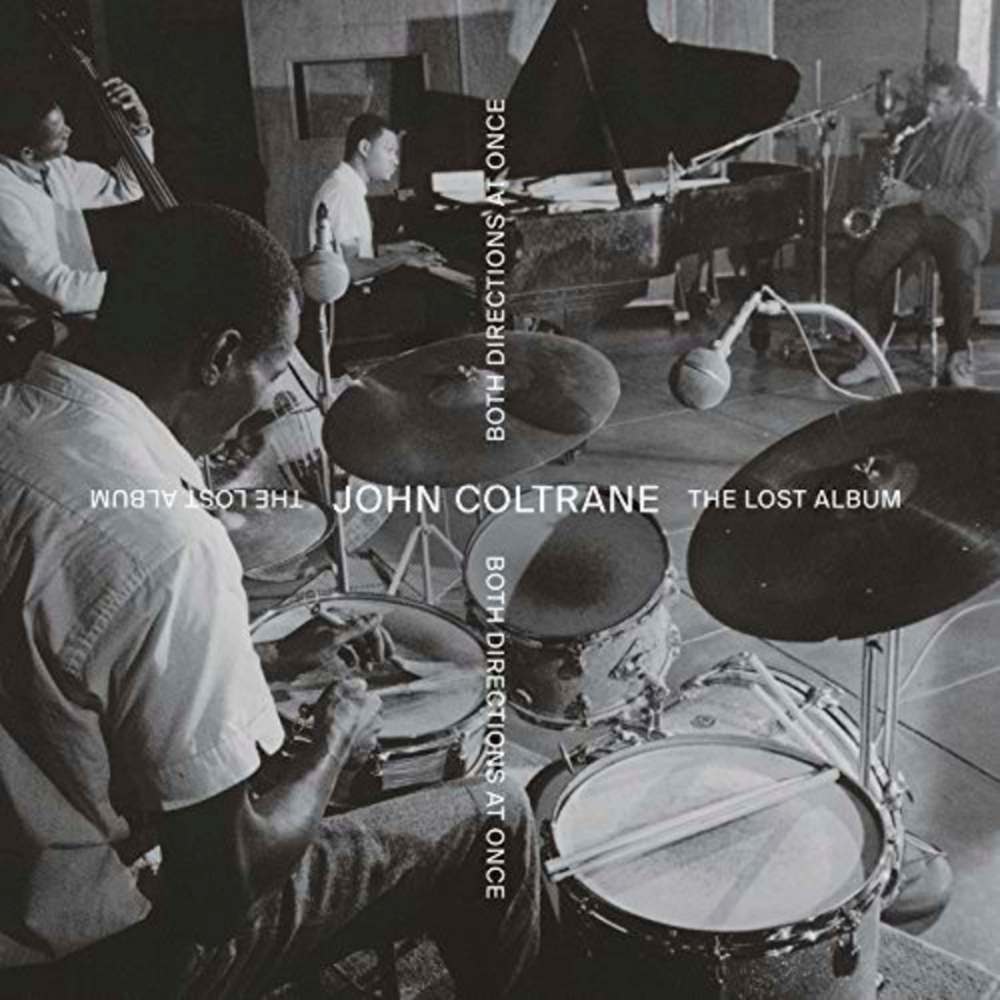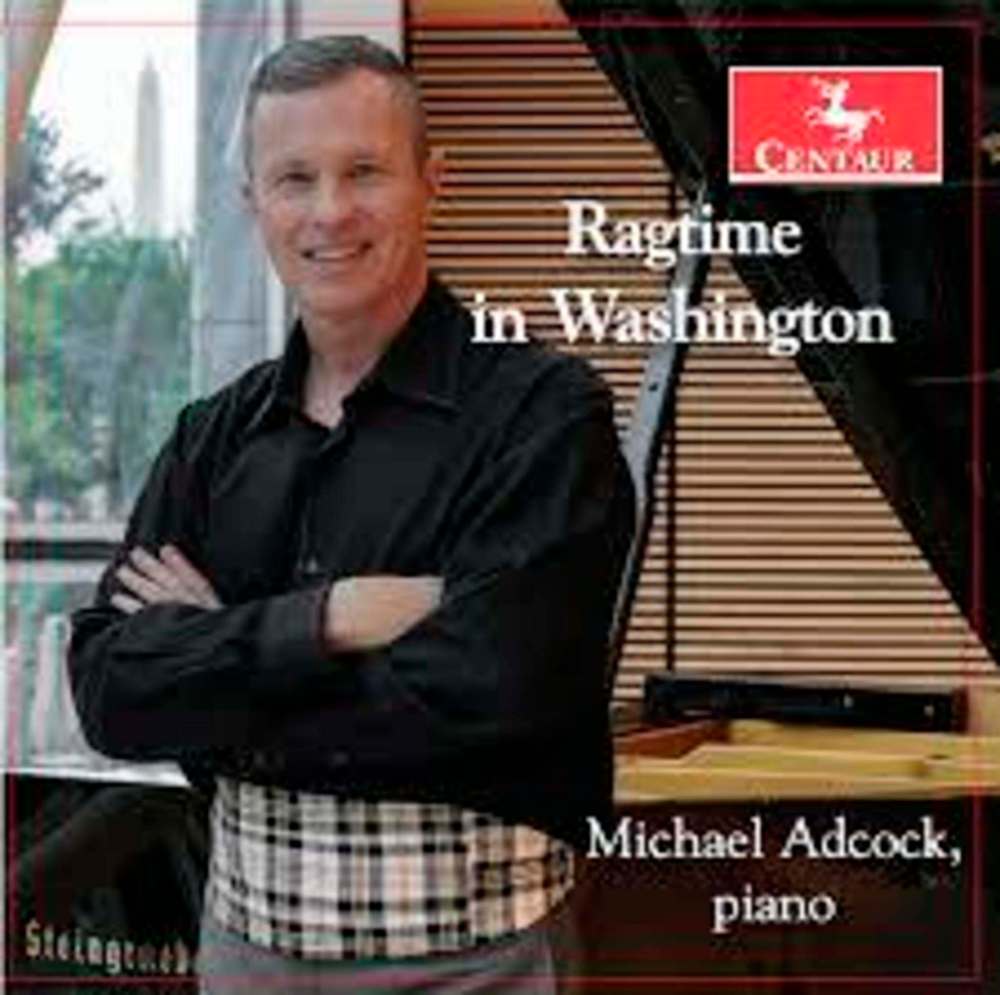New music
Reviews of this week's CD releases
Advertisement
Read this article for free:
or
Already have an account? Log in here »
To continue reading, please subscribe:
Monthly Digital Subscription
$0 for the first 4 weeks*
- Enjoy unlimited reading on winnipegfreepress.com
- Read the E-Edition, our digital replica newspaper
- Access News Break, our award-winning app
- Play interactive puzzles
*No charge for 4 weeks then price increases to the regular rate of $19.95 plus GST every four weeks. Offer available to new and qualified returning subscribers only. Cancel any time.
Monthly Digital Subscription
$4.99/week*
- Enjoy unlimited reading on winnipegfreepress.com
- Read the E-Edition, our digital replica newspaper
- Access News Break, our award-winning app
- Play interactive puzzles
*Billed as $19.95 plus GST every four weeks. Cancel any time.
To continue reading, please subscribe:
Add Free Press access to your Brandon Sun subscription for only an additional
$1 for the first 4 weeks*
*Your next subscription payment will increase by $1.00 and you will be charged $16.99 plus GST for four weeks. After four weeks, your payment will increase to $23.99 plus GST every four weeks.
Read unlimited articles for free today:
or
Already have an account? Log in here »
Hey there, time traveller!
This article was published 12/07/2018 (2736 days ago), so information in it may no longer be current.

POP / ROCK
Drake
Scorpion (OVO/Young Money/Cash Money)
Right from the intro of Drake’s 24-song album Scorpion, it’s clear the Toronto native is here to settle some scores. This all started after Pusha T tried to shame Drake for using ghostwriters, not long after Drizzy had been hanging with Pusha’s labelmate and friend Kanye West, writing for his new album.
What infuriated the mild-mannered Aubrey Graham even more, was Pusha also decided to hit below the belt and out Drake as a father in his diss track. Holding back a rebuttal that could have “ended some careers,” Toronto’s biggest export delivers a double album that not only has well-worded subliminals aimed at Pusha T and Kanye, but also addresses the situation with his son and his mother in 8 Out of 10 and other points along the double album. Unafraid to show his tough yet vulnerable side, Drizzy said he is settling into the role of the good guy and isn’t going to “end careers” in this war of words like he normally would have wanted to.
While side one of Scorpion tends to lean toward the stripped-down 808 beats and Champagne Papi rapping more than singing, the second side has a more laid-back R&B vibe.
Drake is usually able to create a wide range of tracks that end up appealing to his diverse fan base, whether it’s a group of women listening to it before they go to the club or the emotion-heavy dude that listens to Drizzy because he is going through all the same feelings as Drake when he broke up with his girlfriend.
The issue with this wide palette Drizzy Drake can work with is it becomes hard to edit yourself, especially knowing longer albums do better on streaming services. Scorpion is full of great songs and deft wordplay, but you can’t help but feel a sprawling double album is too much to absorb in the music-saturated culture we live in. ★★★★ out of five
Stream these: 8 Out of 10, Talk Up (with JAY-Z), In My Feelings, Don’t Matter to Me featuring Michael Jackson
— Anthony Augustine
POP & ROCK
Florence + the Machine
High as Hope (Republic/Universal)
Florence + the Machine’s fourth full-length studio album is something of a departure for Florence Welch and her bandmates. Over the past decade, F+M has become known for its flair for the dramatic, pitting Welch’s soaring, siren-like voice against lush, orchestral pop-rock that, when singer and band hit their stride, can be keening, yearning and inspirational (but which can also seem overwrought and overwhelming).
High as Hope still mines that vein, but it doesn’t wallow in it, allowing Welch the musical room to step back and reflect, accompanied at times by nothing more than a piano or a small, chamber-pop ensemble. In this way, the music mirrors Welch’s recent life, as she has stopped drinking and, in these 10 songs, seems to be rooting through her past to make amends and exorcise some demons.
Nowhere is this more evident than on the album’s opening three-song salvo, a rollicking combination of punches that addresses the bereft emptiness of post-show blues and endless travel (June); the yearning for control and escape that leads to eating disorders and drugs (Hunger); and the bittersweet nostalgia of the carefree mistakes of youth (South London Forever). When Welch sings, “At 17 I started to starve myself, I thought that love was a kind of emptiness” at the beginning of Hunger, it’s clear she’s delving deep into personal territory and the effect is immediately riveting, and the rest of this record doesn’t let that feeling go. ★★★★ out of five
Stream these: Hunger; South London Forever; No Choir.
— John Kendle
ROOTS / COUNTRY
Kevin Gordon
Tilt & Shine (Crowville Media)
The new album by Kevin Gordon, Monroe, La.’s favourite son (after Webb Pierce, of course), is the kind of Americana record that connects on all kinds of levels. Firstly, Gordon’s music straddles the line between greasy, loner-in-the-barroom-corner-with-a-notepad low-fi boogie to more peculiar left-of-centre, soulful folk blues and earnest singer-songwriter testaments with a decided edge to them. The bespectacled, 50-something poet (he has a master’s degree from University of Iowa Writers Workshop) leans into his music and lyrics effortlessly and the eight tracks here are worthy of commendation.
The opener, Fire at the End of the World, sets the stage. Seems that the writer and his pal are sitting in high school expecting a test when by surprise the local sheriff shifts the day’s axis by delivering an informational presentation about the evils of drugs and alcohol on upright individuals. Of course, the story strays from that message as Gordon learns that sometimes you just want the planet to tilt and shine in your own way and that artificial enhancement may deliver the preferred results. And so it goes.
The moving stories in Saint On A Chain, Gatling Gun, DeValls Bluff and Rest Your Head bore into your psyche, and are full of lyrical insights with a tattered periphery. Gordon kicks up some dust here, too. There’s guitar swamp boogie (One Road Out — Angola Rodeo Blues), the mid-tempo, Warren Zevon-esque Drunkest Man in Town and the superb, hit of the summer winner Right on Time. All are earworms in their own right. Tilt & Shine ranks as one of the best alternative Americana, rock ’n’ roll albums of the year. Don’t hesitate to give it a long listen. ★★★★ out of five
Stream these: Right on Time, Saint on a Chain
— Jeff Monk
JAZZ
John Coltrane
Both Directions At Once: The Lost Album (Verve/UMG)
Every now and then the jazz world discovers an album or jazz concert previously unknown. Both Miles Davis and Bill Evans have had “discoveries” in the past couple of years.
Now the estate of saxophonist John Coltrane’s first wife has come up with a “lost album” recorded in 1963. It has been highly anticipated, as it seems truly to have been lost until now. Perhaps it was outside the contractual arrangements with the Impulse label, perhaps put aside for later and overlooked. Who cares?
It has Coltrane’s long-standing colleagues — McCoy Tyner at the piano, Jimmy Garrison on bass and Elvin Jones at the drums. It was recorded during a time of restless movement in Coltrane’s and the quartet’s music, and the full album really does look in both directions. There are two takes of the tune Vilia, from the opera The Merry Widow. Perhaps it’s a look back.
But the four different versions of the Coltrane standard Impressions show a quartet with seemingly endless creativity, and the longest track, Slow Blues, has Coltrane playing with no holds barred. There is powerful rhythmic drive throughout and on the full release (there are two options for length), several tunes are simply Untitled Original.
Without doubt, Coltrane was one of the most extraordinary and beloved jazz giants, and this release, which will not displace the most remarkable album A Love Supreme that came a couple of years later, is still a fascinating and important missing link in the development of this unique jazz figure. ★★★★1/2 out of five
Stream these: Impressions (Take 3), Slow Blues
— Keith Black
CLASSICAL
Michael Adcock, Piano
Ragtime in Washington (Centaur Records)
This new release celebrates the quintessentially American art of ragtime, courtesy of Washington, D.C.-based pianist Michael Adcock. The album features 17 tracks that resurrect such favourites as Scott Joplin’s Bethena, and The Easy Winners, as well as lesser-known nuggets culled from ragtime’s golden age of 1905-1917, including Henry Lodge’s Red Pepper Rag.
However, Adcock does not merely set his gaze on the distant past, but actually posits ragtime as a living, breathing art form, thanks to a wide selection of pieces penned by contemporary composers clearly sharing his passion. Four works by William Bolcom — Incinerator Rag, The Brooklyn Dodge, Last Rag and Fields of Flowers — create fascinating context for Joplin’s older rags.
Among the most radical offerings is Thomas Benjamin’s That Old Second-Viennese-School Rag with its abrupt lapses into jazzier harmonies and even unusual tone clusters that will startle purists. This is tempered by William Albright’s Sleepwalker’s Shuffle and Scott Joplin’s Victory. Even Jelly Roll Morton makes a cameo appearance with Grandpa’s Spells, tossed off with aplomb by Adcock. However, the best is saved for last with Joplin’s eternal Solace, which still resonates across the ages with its comforting, calming ethos amid its own rocky sea of jagged syncopations. ★★★1/2 out of five
— Holly Harris





